Z okazji Dnia Mleka Roślinnego postanowiliśmy przyjrzeć się rynkowi napojów plant based, które coraz częściej goszczą na polskich półkach sklepowych. Co motywuje Polaków do sięgania po mleko roślinne? W którą stronę zmierza spożycie zamienników mleka krowiego? Jaki wpływ mają na to kryzys i inflacja? Między innymi na te pytania odpowiada Grzegorz Mech z GfK Polonia.
Mleko roślinne jest wzbogaceniem diety czy alternatywą dla mleka pochodzenia zwierzęcego?
Przede wszystkim należy podkreślić, że nie „mleko”, ale napój. Oczywiście mówię to nieco przekornie, bo w języku potocznym nadal funkcjonują określenia „mleko sojowe”, „mleko owsiane” czy „masło roślinne”, choć są one wręcz prawnie zakazane. Odpowiadając na pytanie – moim zdaniem raczej alternatywa dla mleka, choć rzeczywiście wielu nabywców wskazuje jako przyczynę kupowania roślinnych zamienników nabiału ciekawość i chęć spróbowania nowości, co wskazuje na otwartość na nowe doznania. Duże znaczenie mają kwestie związane z dobrostanem zwierząt oraz wpływem produkcji na ekologię, co – moim zdaniem – także wskazuje raczej na to, że produkty roślinne traktujemy jako alternatywę dla tradycyjnych, których produkcja jest związana z negatywnym wpływem na klimat czy „wykorzystywaniem” zwierząt.
Co motywuje Polaków do sięgania po napoje roślinne?
O ciekawości i chęci spróbowania nowości oraz kwestiach związanych z etyką i ekologią mówiłem wcześniej. Respondenci wskazują także kwestie zdrowotne – np. niższą zawartość tłuszczu lub mówią, że produkty roślinne są po prostu „zdrowsze” niż odzwierzęce. W kontekście napojów alternatywnych dla mleka (staram się, jak słychać, zgrabnie ominąć określenie „mleko roślinne”) jest to ważna kwestia – mam tutaj na myśli brak laktozy, na nietolerancję której cierpi wielu z nas. W tym kontekście należy także zauważyć, że segment produktów bez laktozy jest także dość istotny w kategorii mleka oraz innych produktów nabiałowych (mówię o tradycyjnym nabiale).
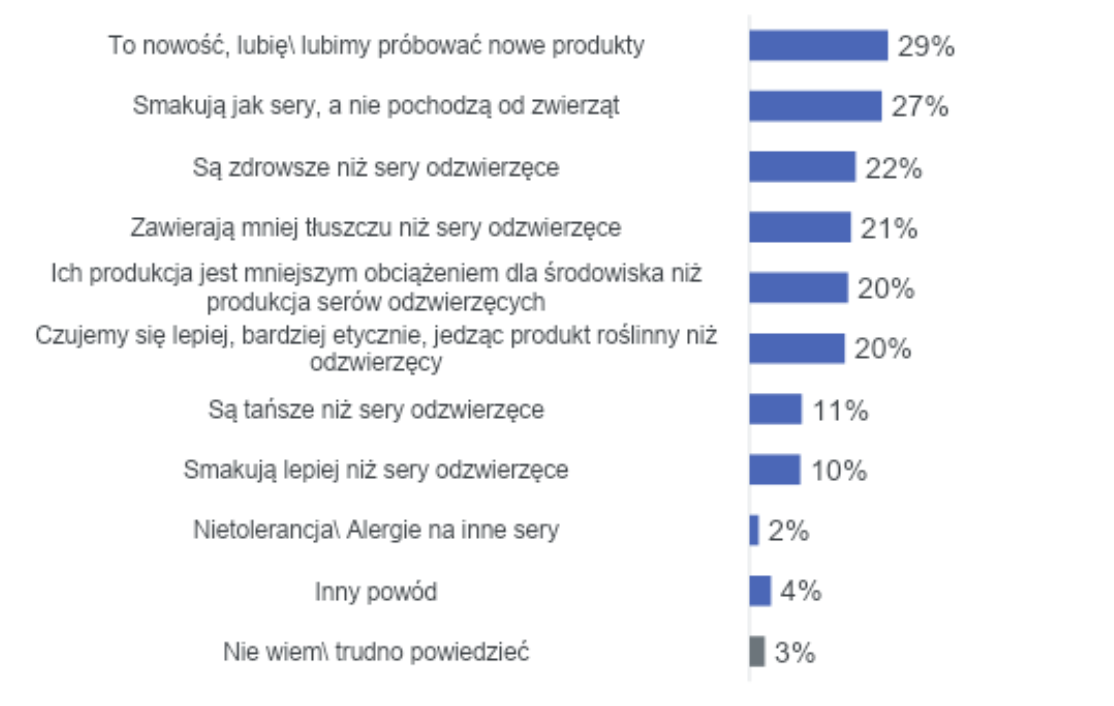
źródło: Powody spożywania wegańskich zamienników sera (dane z raportu GfK Polonia „Białe jest białe”)
Które, spośród dostępnych napojów roślinnych, są najpopularniejsze?
Zacznę od tego, że w całej kategorii plant based diary napoje (czyli tzw. „mleko”) stanowią ok. 3/4 zakupionego wolumenu i ok. 50% wartości zakupów. Jest to segment zdecydowanie dominujący wśród roślinnych zamienników nabiału. Zaraz za nimi plasują się jogurty. Jeżeli chodzi o napoje, to o palmę pierwszeństwa konkurują ze sobą produkty na bazie owsa oraz soi, które są najczęściej używanymi surowcami do produkcji. Inne surowce to orkisz, migdały czy ryż, ale udział tych produktów w zakupach jest zdecydowanie mniejszy.
Kto jest konsumentem mleka roślinnego i ilu z nas sięga po takie produkty?
Roślinne alternatywy mleka są obecne w zakupach ok. ¼ polskich gospodarstw domowych. Patrząc na strukturę nabywców – pamiętać należy, że mówimy o produktach nieco droższych niż tradycyjne – widzimy wyraźnie, że większe znaczenie mają nabywcy młodsi, z większych ośrodków / miast i o dochodach wyższych niż średnie. Jest to dość typowe także dla podobnych segmentów w innych kategoriach.
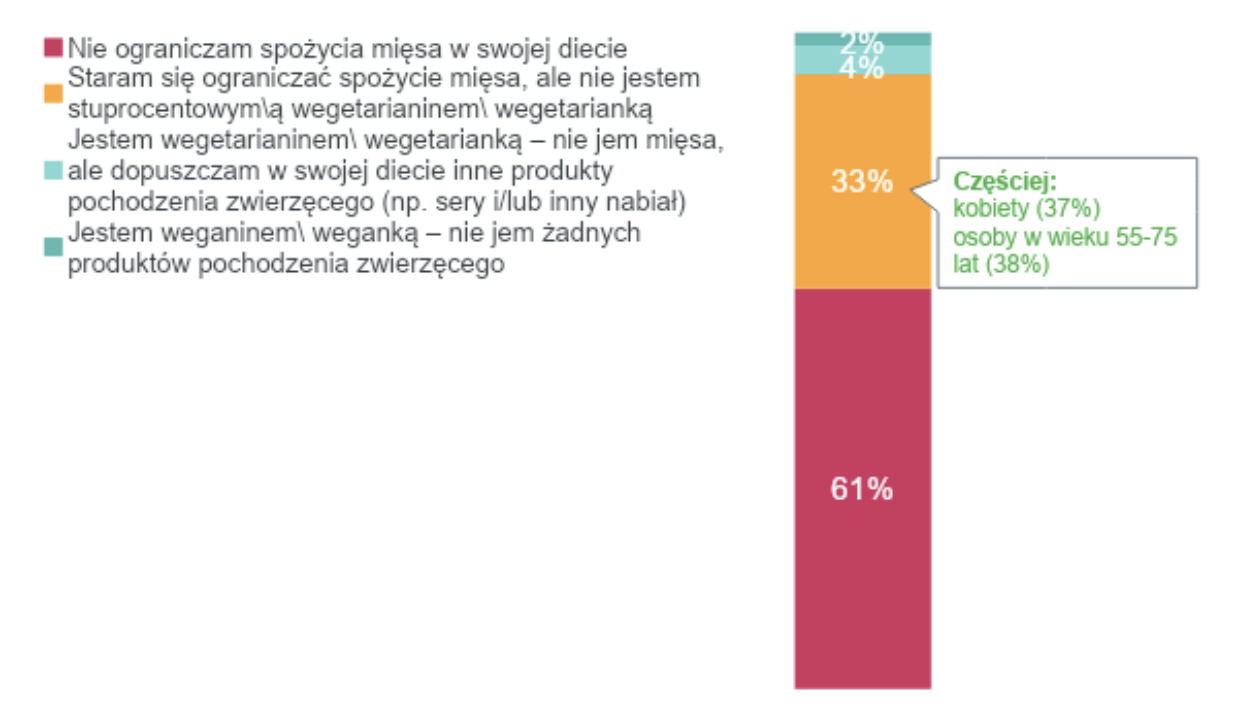
źródło: Podejście do spożywania mięsa / dieta (dane z raportu GfK Polonia “Białe jest białe”)
Jak na przestrzeni ostatnich lat prezentuje się zainteresowanie kategorią mleka roślinnego w Polsce?
Roślinne zamienniki mleka pozyskują nowych nabywców, obserwujemy też wzrost wolumenu i wartości zakupów kategorii.
W którą stronę zmierza spożycie zamienników mleka krowiego? Jaki wpływ mają na to kryzys i inflacja?
Na pewno kryzys, inflacja i dynamiczny wzrost cen oraz kosztów utrzymania mają duży wpływ na zmiany zachowań zakupowych. Poszukiwanie tańszych alternatyw (np. przeniesienie zakupów do marek własnych detalistów), zachowania zakupowe zgodne z zasadami smart shoppingu (już ¾ polskich nabywców zachowuje się „smart” w czasie zakupów, podczas gdy 4-5 lat temu było to nieco poniżej 50%) oraz racjonalizacja swoich wydatków znajdują swoje odzwierciedlenie w zakupach większości kategorii spożywczych. Nie wydaje mi się jednak, żeby oznaczało to odejście od kategorii jako takiej. Raczej należy się spodziewać niższej dynamiki wzrostu.
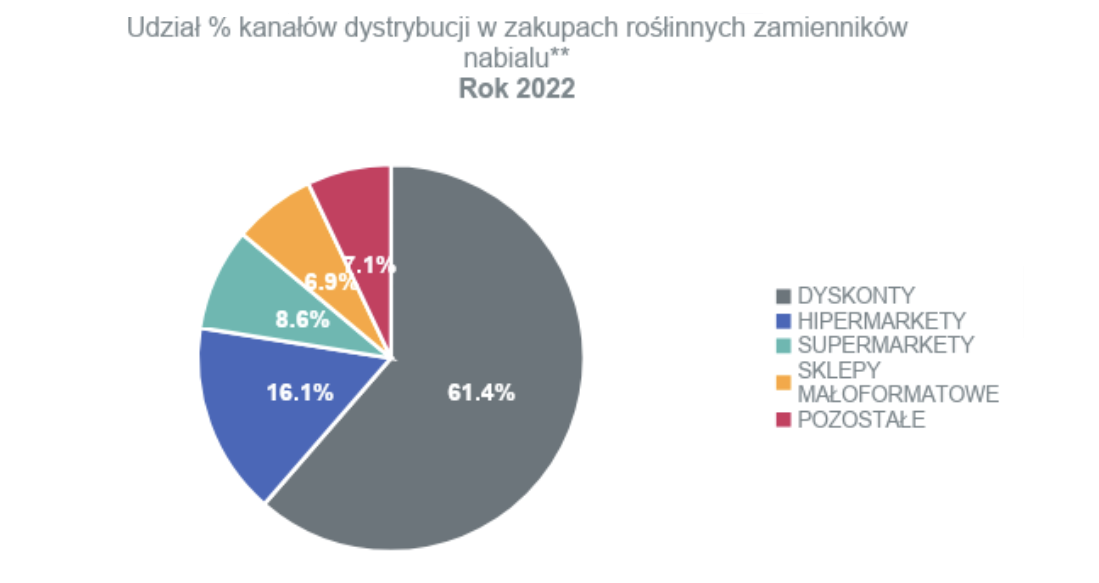
źródło: dane zakupowe z Panelu Gospodarstw Domowych GfK Polonia (zakupy dokonywane przez polskie gospodarstwa domowe na swoje potrzeby, tzn. przynoszone do domu)
Czy polscy konsumenci są otwarci na roślinne nowości?
Polscy konsumenci jako główny powód próbowania produktów roślinnych – zarówno w kategoriach mięsnych jak też nabiałowych – wskazują zainteresowanie i chęć spróbowania nowości. Osobiście uważam, że jest to duża szansa dla kreatywnych i twórczych producentów.
Wyzwaniem natomiast jest i będzie zaproponowanie takich produktów, które – po spróbowaniu – będziemy chcieli kupić jeszcze raz. A potem kolejny…
Aktualna moda czy wyraźna zmiana – jakie są Pana prognozy odnośnie całego rynku alternatyw produktów odzwierzęcych?
O modzie, w moim przekonaniu, mogliśmy mówić kilka lat temu. Dzisiaj jest to trendy, ale nikogo już nie dziwi, że ma w rodzinie lub wśród znajomych osoby „bezmięsne”. Rosnąca gama produktów, zainteresowanie detalistów i producentów – w tym także przetwórców mięsa – wskazują na to, że mamy do czynienia ze zmianą, która się „zadziała” i dzieje. W moim przekonaniu roślinne alternatywy zagościły na dobre w naszym menu i w nim pozostaną. Nie spodziewam się 2- czy 3-cyfrowej dynamiki wzrostu wolumenu czy wartości zakupów, jak to miało miejsce 2 czy 3 lata temu, ale wydaje mi się, że ten segment będzie się nadal rozwijał. Myślę, że pójdzie to w kierunku nie „roślinna alternatywa” dla nabiału, mięsa i produktów typu „tatar z buraka” czy „golonka sojowa”, ale raczej w kierunku uzupełnienia menu, innego sposobu odżywiania czy pełnowartościowej diety w oparciu o produkty roślinne. Najkrócej rzecz ujmując, raczej flexitarianizm (ograniczanie spożycia mięsa) niż wegetarianizm / weganizm (odrzucanie mięsa czy w ogóle produktów odzwierzęcych).
Muszę tutaj dodać, że mówię to jako zadeklarowany mięsożerca, który nie zamierza zrezygnować ze swoich kulinarnych upodobań, ale nie ma nic przeciwko próbowaniu nowości niemających nic z mięsem wspólnego. Choć „mleka” roślinnego nie polubię, przepraszam. Próbowałem, nie moje smaki.
Rozmowa została przeprowadzona z Grzegorzem Mechem – Business Development Managerem w Panelu Gospodarstw Domowych GfK Polonia.
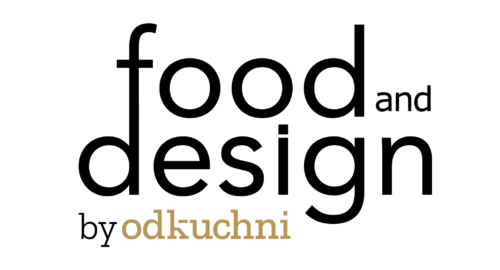
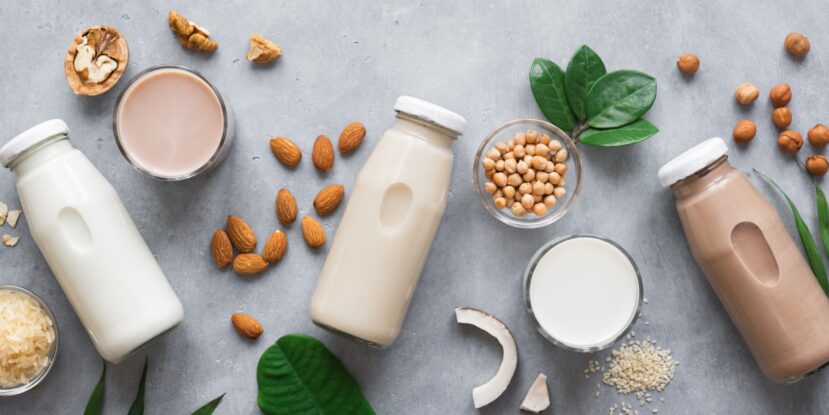








 Młodszy specjalista ds. komunikacji marketingowej i PR.
Młodszy specjalista ds. komunikacji marketingowej i PR.


 Absolwent Uniwersytetu Warszawskiego oraz Szkoły Głównej Gospodarstwa Wiejskiego. W branży HoReCa od ponad 10 lat. Przez lata związany z Grupą Trip, Sobienie Królewskie Golf and Country Club oraz restauracją Florentin w Warszawe.
Absolwent Uniwersytetu Warszawskiego oraz Szkoły Głównej Gospodarstwa Wiejskiego. W branży HoReCa od ponad 10 lat. Przez lata związany z Grupą Trip, Sobienie Królewskie Golf and Country Club oraz restauracją Florentin w Warszawe. Absolwentka Wydziału Architektury Politechniki Warszawskiej na kierunku Architecture for Society of Knowledge oraz Komunikacji Wizualnej na Politecnico di Milano. Specjalistka od budowania nastroju. Doświadczenie zdobywała w kraju i zagranicą podczas licznych warsztatów międzynarodowych (Sevilla, Lizbona, Florencja), stypendium na La Sapienza (Rzym) oraz pracując m.in. w Carmi e Ubertis i ADM Milano.
Absolwentka Wydziału Architektury Politechniki Warszawskiej na kierunku Architecture for Society of Knowledge oraz Komunikacji Wizualnej na Politecnico di Milano. Specjalistka od budowania nastroju. Doświadczenie zdobywała w kraju i zagranicą podczas licznych warsztatów międzynarodowych (Sevilla, Lizbona, Florencja), stypendium na La Sapienza (Rzym) oraz pracując m.in. w Carmi e Ubertis i ADM Milano.








 Menedżer z wieloletnim doświadczeniem w branżach kosmetycznej, spożywczej, dziecięcej. W trakcie swojej kariery związany z firmami takimi jak: L’Oreal, Samsung, Danone-Nutricia, Unilever. W ciągu swojego życia zawodowego odpowiadał między innymi za rozwój sprzedaży i contentu eCommerce w Polsce i krajach Europy Środkowo-Wschodniej.
Menedżer z wieloletnim doświadczeniem w branżach kosmetycznej, spożywczej, dziecięcej. W trakcie swojej kariery związany z firmami takimi jak: L’Oreal, Samsung, Danone-Nutricia, Unilever. W ciągu swojego życia zawodowego odpowiadał między innymi za rozwój sprzedaży i contentu eCommerce w Polsce i krajach Europy Środkowo-Wschodniej. 

























































